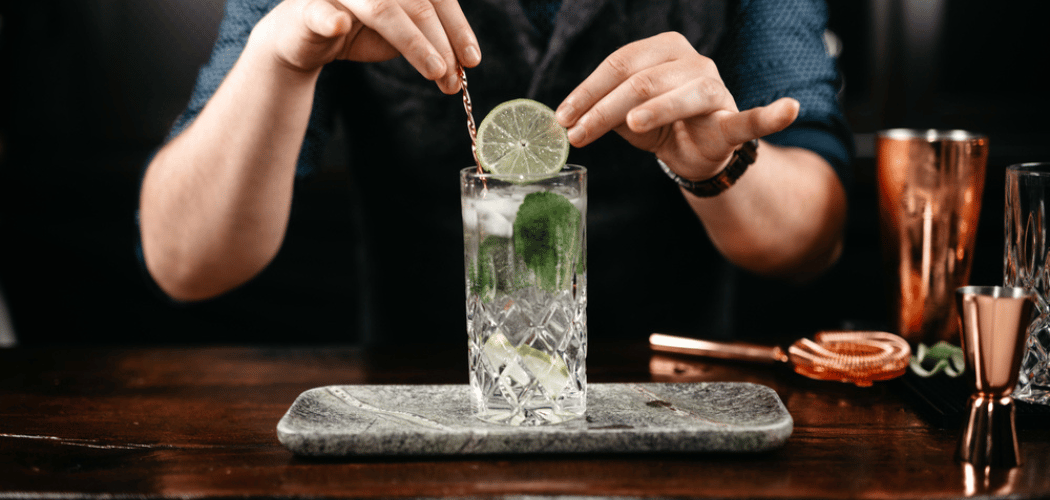Why to rethink your influencer marketing strategy
Imagine you are an executive responsible for your brand. You guide the evolution of brand messaging to the marketplace and curate its essence as changing customer preferences swirl around you. Most powerful brands are grounded in high-quality products or services, deliver a unique value proposition, and often represent a cultural significance that appeals to customers. Curating each of these elements to maintain your brand prominence is at the top of your list.
A big part of your job is to ensure that the brand promise, lofty words written in strategy decks, comes alive and is reinforced in each customer interaction. Your brand promise is influenced by a surprising combination of mundane and creative elements – everything from packaging to return policy to customer service to your marketing and influencer strategy.
Bernard Arnault, head of LVMH, the world's largest luxury goods conglomerate, is such an executive. LVMH owns more than 70 brands, including Louis Vuitton, Dior, Hennessy, Sephora, and others. Mr. Arnault was just named the richest man in the world, with a net worth of $214.2B, larger than that of Elon Musk and Jeff Bezos. In January 2021, LVMH acquired American jeweler Tiffany & Co for $15.8 billion, believed to be the biggest luxury brand acquisition ever.
Mr. Arnault’s rise to the top of the wealth chart begs analysis of what makes a brand powerful. Mr. Musk’s wealth principally comes from the sale of tangible goods, Tesla vehicles and SpaceX rockets. Mr. Bezos is all about tangible goods, obviously through the Amazon ecommerce business he has created and subsidiaries like Whole Foods.
LVMH is described as a luxury goods conglomerate, meaning the brands it represents appeal – in most cases – to smaller segments of the population, those that strive to own unique and expensive luxury items. Preserving and advancing the perception of luxury to customers is key to keeping your brand in the spotlight.
If you’re a Seth Godin fan, like we are, a recent post titled The Myth of Luxury Goods presents a point of view that is in riveting juxtaposition to the LVMH mission. The post is short, so we include all of it here:
Luxury goods are items that are worth more (to some) because they cost more.
The cost itself is the benefit that is being sold.
There used to be a correlation between superior performance and price. In 1900, an Hermes saddle or a Louis Vuitton trunk was arguably better built for the work it was put to.
Today, though, a more expensive resort, bottle of wine or article of clothing is likely not the item of highest performance. It is simply a symbol that the purchaser is happy to understand and perhaps show off. Poor performance might even be part of the value proposition. Not only can you afford to pay extra, but you can afford to pay extra and have your feet hurt as well.
I’d pay good money to sit in on a debate between Messrs. Godin and Arnault about the value of luxury goods and the brand power they represent, but I know it’s not going to happen.
I’m more interested in how luxury brands influence the fanatical pursuit of products and services by customers and how that fanaticism can be harnessed as the ultimate potion to create customer loyalty. Influencer marketing has become nearly a core strategy for luxury brands to attract attention and drive sales. But that strategy comes with inherent risks.
Take TikTok mega influencer, Mikayla Nogueira. Only a year ago, she was described as the "the realest influencer on TikTok" in an interview with Glamour Magazine. Now, she’s facing severe backlash due to accusations of inauthentic posting and the associated brand, L’Oreal is feeling the impact. Or look at Mads Lewis, who has 12 million TikTok followers. She recently made statements implying that everyone engages in false advertising and mentioned she's willing to lie to promote products if the price is right.
Adam Dornbusch, Founder and CEO of EnTribe, an innovative SaaS platform, shared thoughts on the complexities of influencer marketing, citing research that found:
- 85 percent of people find influencers to be inauthentic or unrelatable
- 29 percent said that using influencer content negatively impacts their perception of a brand
- 77 percent are more likely to purchase a product from a brand that uses content from actual customers in their marketing
If Seth Godin’s take on the value of luxury goods holds water, then the leadership at LVMH should protect the brand perception of each product line as its highest priority and be especially cautious how it incorporates influencer marketing.
Who I am to give advice to the world’s richest man? I can hear the scoffing from critics now. But I’m not writing this for LVMH. I’m writing this for every retail start up, growing direct to consumer retailer and any other entrepreneur whose future profitability is tied to the value of their brand perception. That covers just about the entire retail landscape.
Given the risks associated with influencer marketing, marketers might view it as a sugary-laden treat. It spikes your blood sugar and provides temporary pleasure, but can damage your long term health if overused. The time is right to re-imagine your influencer marketing strategy and seek healthier ways to promote products with individuals. The EnTribe research also found that 84 percent of those surveyed reported being more likely to trust brands which incorporated user-generated content.
Authenticity, credibility, trust. These are the words to make central in your marketing strategy as we continue into 2023.




